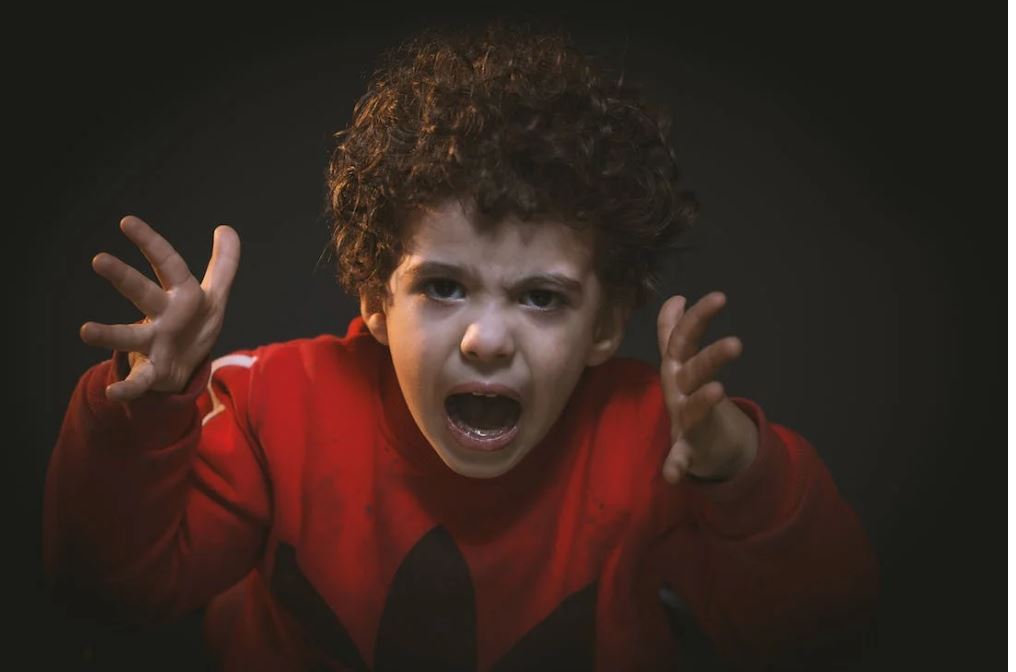
If you’re dealing with children who have a habit of throwing things, it’s important to address this behavior to ensure their safety and the safety of others. Here are some tips you can consider:
- Set Clear Boundaries: Clearly communicate to the child that throwing things is not acceptable behavior. Use simple language and make sure they understand the consequences.
- Explain Why: Help the child understand why throwing things can be dangerous. Explain that it can hurt others or damage property. Use age-appropriate language to convey the message.
- Provide Alternatives: Offer alternative ways for the child to express themselves or release energy. For example, encourage them to play with soft toys, engage in physical activities, or use art and craft materials.
- Supervise Playtime: Keep a close eye on the child during playtime to intervene if they start throwing things. Consistent supervision can help prevent the behavior from becoming a habit.
- Use Positive Reinforcement: Praise the child when they engage in positive behavior or follow the rules. Positive reinforcement can be a powerful tool in encouraging good habits.
- Teach Problem-Solving Skills: Help the child develop problem-solving skills so they can find alternative ways to deal with frustration or boredom without resorting to throwing things.
- Model Appropriate Behavior: Children often learn by observing adults. Model the behavior you want to see by handling frustration and stress in a calm and composed manner.
- Create a Safe Environment: Minimize the temptation for throwing by creating a safe environment. Store breakable items out of reach and ensure that the child’s play area is free from potential hazards.
- Consistency is Key: Be consistent in enforcing rules and consequences. Children thrive on routine and predictability, so they are more likely to understand and follow expectations if they are consistently applied.
- Seek Professional Help if Needed: If the throwing behavior persists and becomes a significant concern, consider seeking advice from a pediatrician, child psychologist, or a behavior specialist who can provide guidance tailored to the child’s individual needs.
Remember that patience and consistency are crucial when addressing behavioral issues in children. It’s essential to create a supportive and nurturing environment while teaching them appropriate ways to express themselves.



